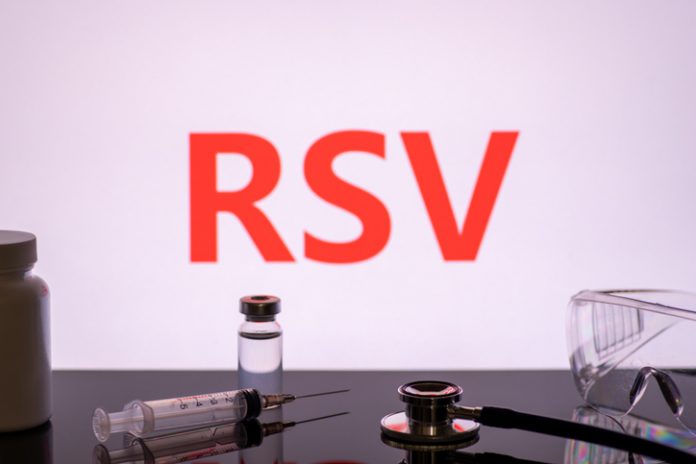Following the welcome approval of a new vaccine to protect older Australians against the highly infectious respiratory syncytial virus (RSV), the Pharmaceutical Society of Australia (PSA) is urging governments to ensure its accessibility for those most at risk.
This week the Therapeutic Goods Administration (TGA) approved AREXVY for Australians aged 60 and over, the first RSV vaccine approved in Australia.
PHA said that allowing pharmacists to administer the vaccine would significantly improve its uptake and in turn, reduce hospitalisations from severe infections.
“Having a vaccine on the market is not enough, we need to ensure that it’s as accessible as possible to those who need it most,” A/Prof Sim said.
“Pharmacist immunisers are limited by red-tape and regulation imposed by states and territories, preventing them from fulfilling their potential to administer all vaccines to all at-risk Australians.
“Millions of Australians attend pharmacies for their vaccinations, with more than 15 million COVID-19 and influenza vaccines administered by pharmacists over the last few years.
“By making vaccinations more accessible to vulnerable groups, we can limit the serious health complications RSV can cause and in turn reduce hospitalisations.
“Allowing pharmacists to practise to the top of their scope makes efficient use of health resources, benefitting the broader health system.
“I urge all state and territory governments to authorise pharmacists to provide the RSV vaccine, supporting access to preventive care and keeping older Australians healthy and well.
“This access should extend to all vaccines, for all eligible people, in all locations where pharmacists work.
“Reducing barriers to vaccination, reducing barriers to care, should always be our priority,” A/Prof Sim concluded.
AREXVY will soon be made available nationally, on private prescription.







